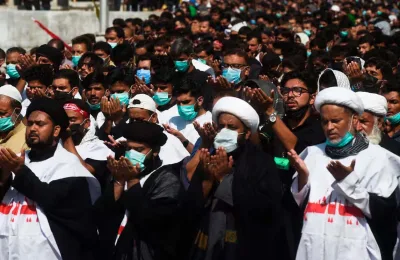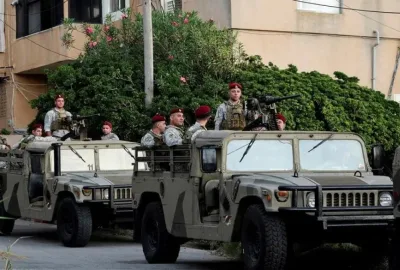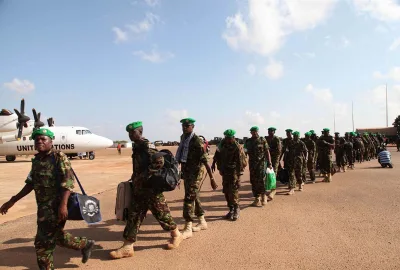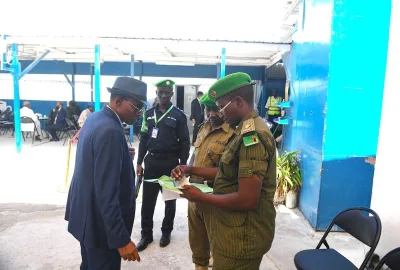Former Nigerian President, Olusegun Obasanjo, has arrived in Addis Ababa to begin his new role as…
Former Nigerian President, Olusegun Obasanjo, has arrived in Addis Ababa to begin his new role as AU High Representative for the Horn of Africa region.
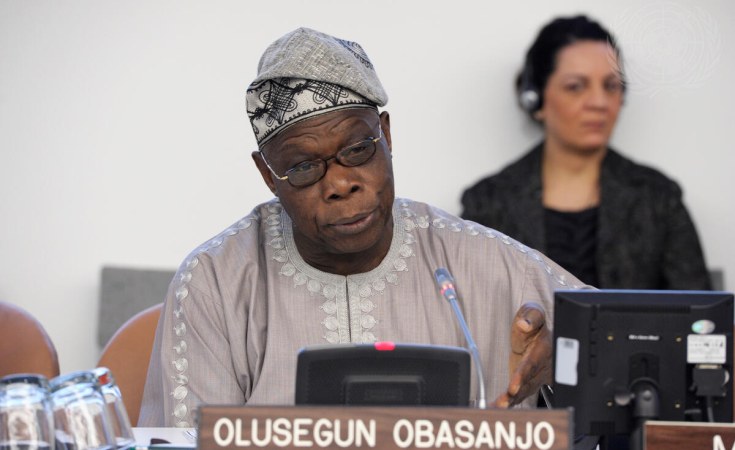
The Chairperson of the AU Commission, Moussa Faki Mahamat, had on August 26 tapped Mr Obasanjo to help the organisation’s drive to promote peace, security, stability and political dialogue all over the Horn of Africa.
“Specifically, the High Representative will intensify engagements with all relevant political actors and stakeholders in the region towards entrenching durable peace and stability within the Horn of Africa,” a statement announcing the appointment had said.
But when PREMIUM TIMES contacted Mr Obasanjo Tuesday night to ask him when he would begin the assignment, the former president said he arrived in the Ethiopian capital on Sunday and met with AU and Ethiopian leaders on Monday and Tuesday.
He said he had also been holding consultations with leaders from some of the countries in the region.
“My visits and consultations with leaders and parties in the region have started already,” Mr Obasanjo said. “I am now in Ethiopia. Tomorrow I leave for Sudan and then to South Sudan and so on. We are committed to entrenching peace in the Horn and in the whole of Africa. It is a responsibility I take seriously.”
The Horn of Africa is considered the region that is home to eight countries — Djibouti, Eritrea, Ethiopia, Somalia, Kenya, Sudan, South Sudan, and Uganda. Most of the region is bedevilled by prolonged and widespread political and sectarian crises.
Dating back to the late 1970s, Mr Obasanjo, as Nigeria’s military ruler between 1976 and 1979, has a history of intense diplomatic shuttles aimed at resolving crises in the region.
The AU believes that in his current assignment, the former president “will bring his very rich political experience, and impeccable credentials of keen commitment to the lofty ideals of Pan-Africanism and regional integration and cooperation, as well as a deep knowledge of the current situation in the Horn of Africa.”


